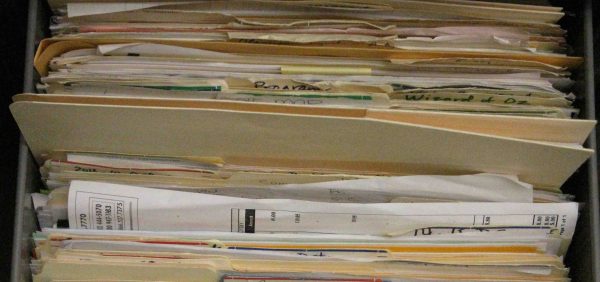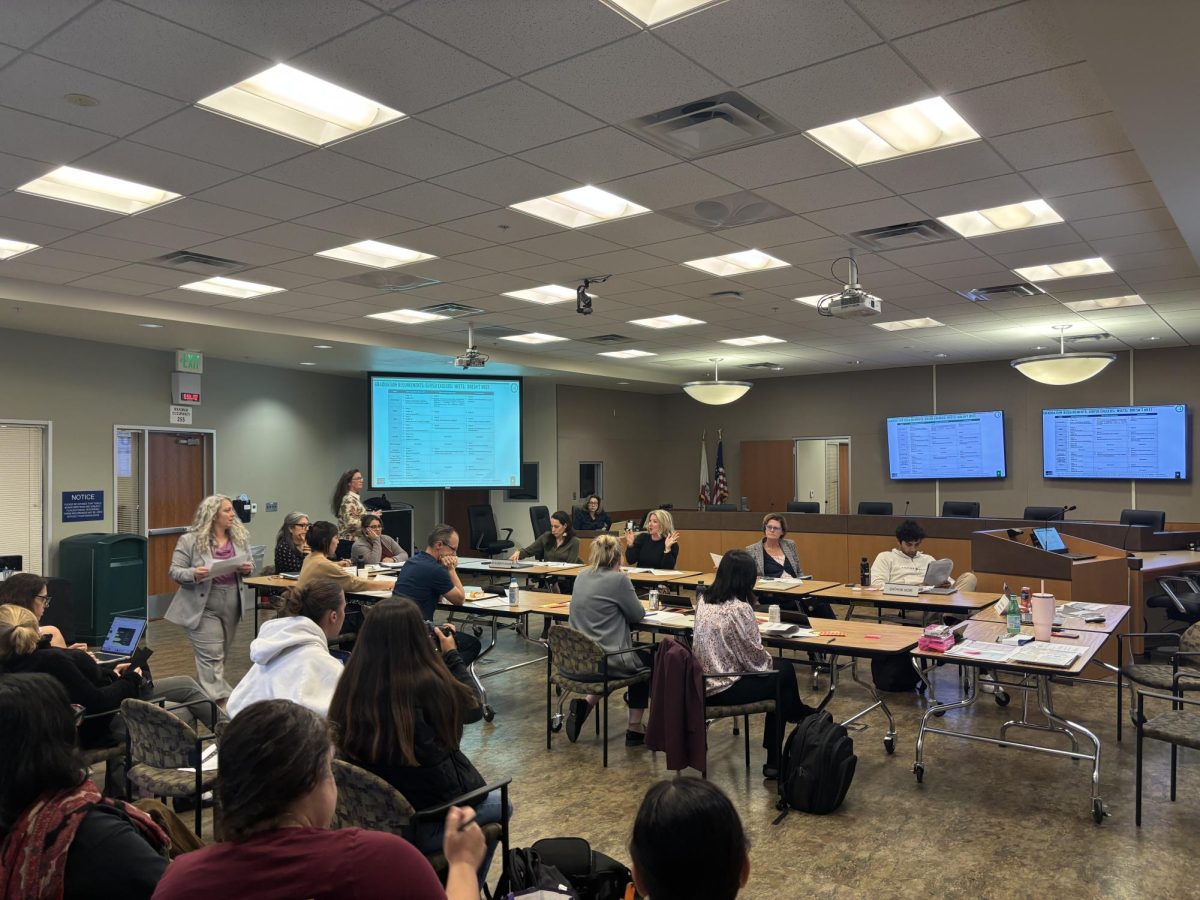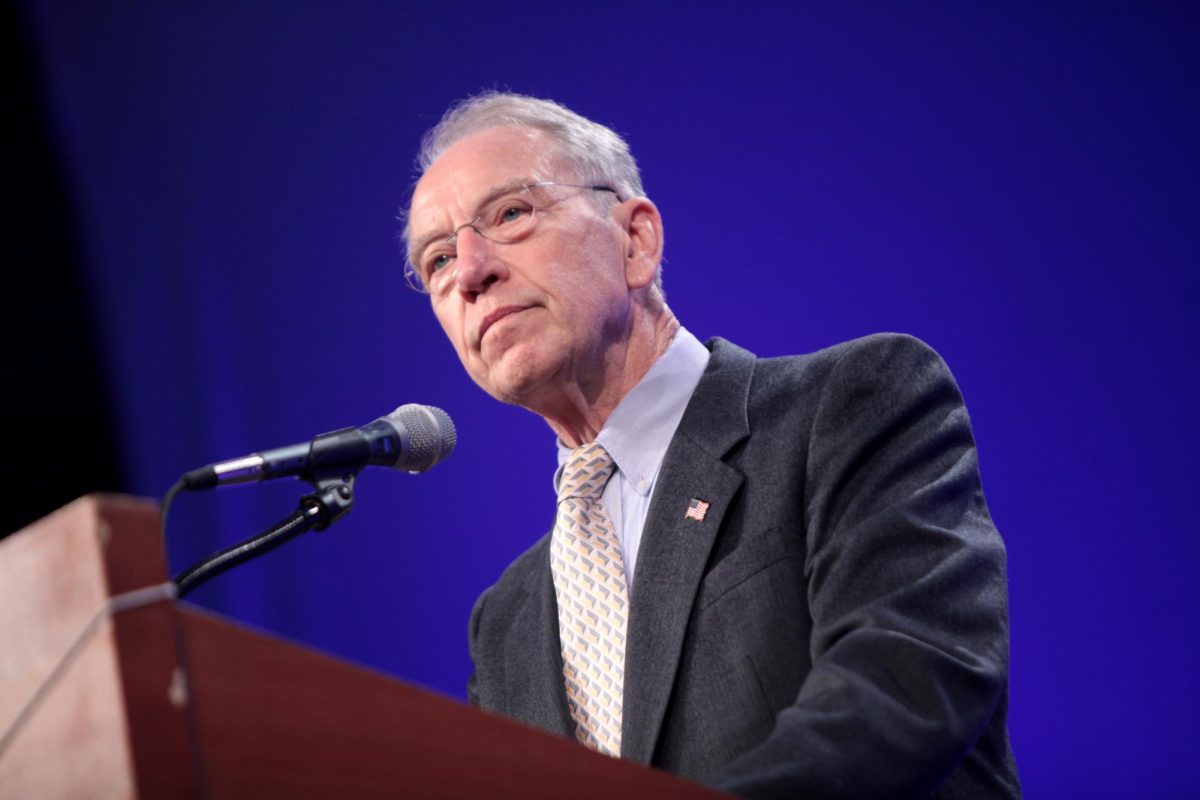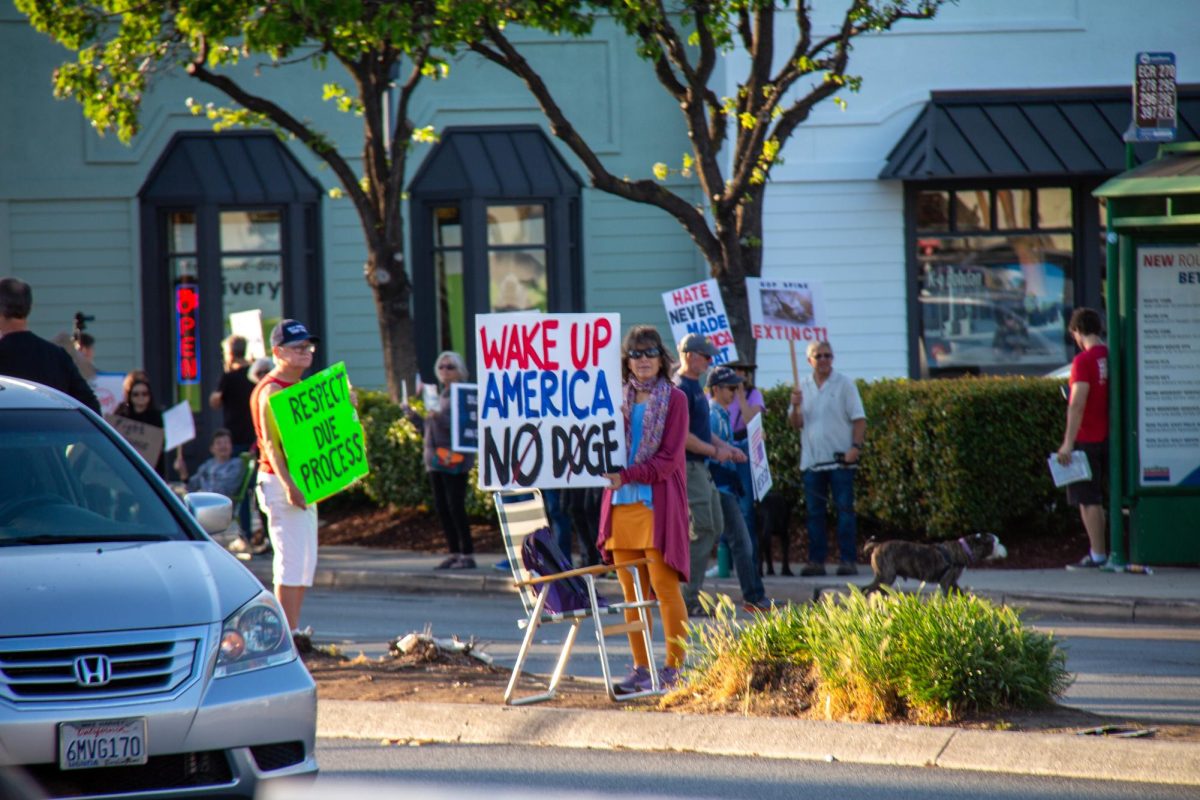Edward Snowden has sacrificed his livelihood for the good of the citizens of the United States. Does that not grant him the right to live in this country freely?
The extent that the NSA was spying on it’s citizens is shocking. Security is one thing, but there is a fine line between protecting the country and violating people’s personal freedoms. The Bill of Rights was created to protect the people from government abuses of power, which is exactly what the NSA has done.
In May 2013, Snowden left his comfortable life doing contract system analysis work in Hawaii to leak secret documents from the NSA. These documents revealed mass surveillance programs intended to be kept secret from the public. They included cooperations between the NSA and service provider companies, such as AT&T, Google, Verizon and many others. These service providers were supplying the NSA with records of the phone calls, text messages, and internet activity of their unknowing clients.
After originally fleeing to Hong Kong to leak the documents, Edward Snowden applied for asylum in 23 countries. He is currently in an undisclosed location in Russia, where he gave and online interview last week. The interview was in response to many of his supporters calling President Obama to grant him a presidential pardon. Snowden is accused of violating the 1917 Espionage Act and faces 30 years in prison, should he return to the United States.
“He was doing a public service,” Oliver Stone, director of the recently released movie Snowden, told The Guardian.
Snowden’s public service was revealing information that U.S. citizens have the constitutional right to know. Many feel the same way, and the recently established website pardonsnowden.org has a petition calling for his pardoning.
While Edward Snowden violated United States law by exposing these documents, it has been ruled that the NSA’s mass collection of data is unconstitutional and that it violates the Fourth Amendment’s, outlawing of “unreasonable searches and seizures”.
The leaks provoked a worldwide debate about what should be on or off limits to security agencies and what the public deserves to know about the state of their privacy. Since the revelation of the documents, reforms have been made to existing laws, prohibiting what has now been deemed unconstitutional.
These reforms have appeased those that felt their privacy was unjustly violated and protected the rights of everyone in the country.
The NSA justified their actions legally under Section 215 of the Patriot Act. Rather than collecting the actual content of calls, the NSA collected data about when the calls were made, how long they lasted, and who was making/receiving the calls. However, according to members of Congress, that was not how they intended for the Patriot Act to be used. The USA Freedom Act of 2015 revised the Patriot Act to end the mass collection of cell phone records.
A calling for more transparency in government operations concerning privacy rights was ignited by Snowden. The 1917 Espionage Act assumes the violator had malicious intentions, however, many can see that his actions were benevolent. Snowden believed the public should decide whether or not these programs were acceptable; he did it for the good of the nation. Although it is true that he violated laws, the presidential pardon exists for the exceptions, and Snowden certainly is one.









